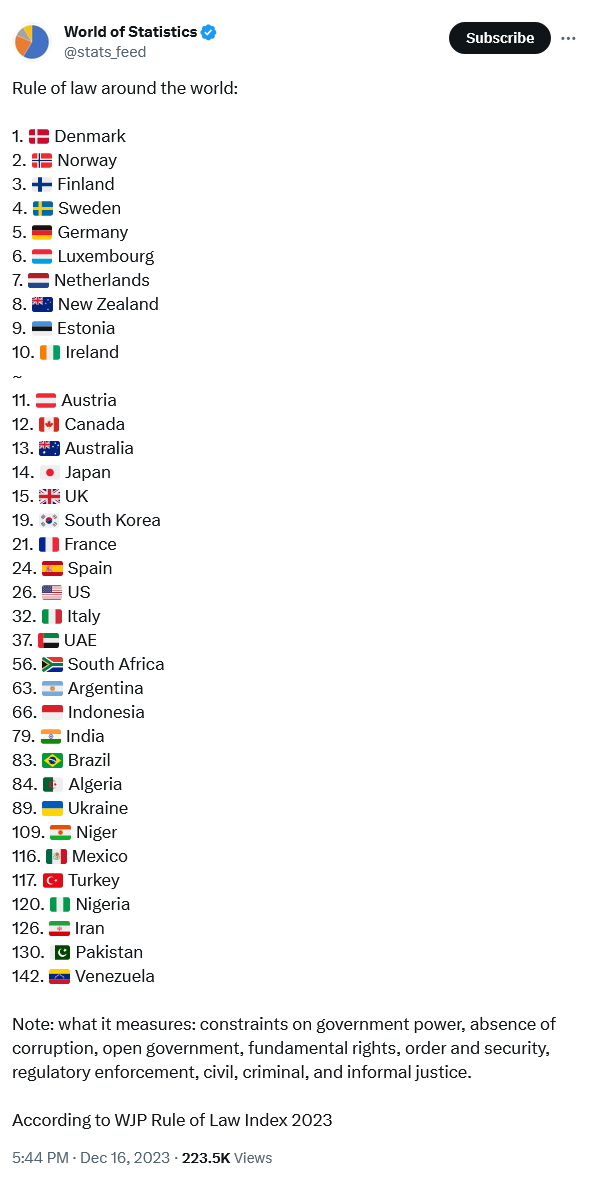Published in HumSub By Syed Salman Mehdi -01/12/2024
The Dilemma of Forgotten People
Labour laws and
social security systems in Pakistan, which are intended to safeguard workers,
have succumbed to systemic neglect, corruption, and incompetence. Institutions
such as EOBI and SESSI fail to keep their commitments, putting millions of
workers in severe situations, according to a report by Iftikhar Ahmad in CLR.
Labour laws and
social security systems in Pakistan were enacted to provide a safety net for
workers, notably private-sector employees and industrial labourers. These
workers, who make considerable contributions to the economy, frequently face
exploitative working conditions such as low pay, a lack of healthcare, and
little legal protection. Social security organisations, such as the Employees'
Old-Age Benefits Institution (EOBI) and the Sindh Employees' Social Security
Institution (SESSI), were established to address these challenges and offer
workers with financial and medical protection. (WEB HR)
However, during
the previous two decades, these organisations have failed to carry out their
mandates. Instead of protecting workers' rights, EOBI and SESSI have become
rife with corruption, incompetence, and systemic negligence. For example,
billions of rupees earmarked for retirement and healthcare have been plundered,
depriving many workers of their due entitlements. Employers, too, have used
labour law loopholes to underpay employees and deny them access to life-saving
protections. (The Express Tribune and Homebased
Workers ILO )
Apart from the
agricultural sector, private-sector and factory employees in Pakistan regularly
face legal discrimination, low wages that are low and inadequate healthcare.
Pakistan's social security schemes, such as the Employees' Old-Age Benefits
Institution (EOBI) and the Sindh Employees' Social Security Institution
(SESSI), are intended to provide a safety net for the country's workforce.
However, during the previous 25 years, these organisations routinely fail to
meet their mandates. The institutions have come to symbolise systematic
negligence, ranging from inefficiency and corruption to insufficient coverage
and disdain for employment regulations.The failure of these social security
schemes underscores the critical need for change to combat corruption, increase
enforcement, and ensure that every worker in Pakistan is treated with dignity
and fairness. Until these challenges are addressed, the nation's labour force
will be subject to exploitation and systemic neglect (Sadia Zaheer).
In a similar
vein, most registered workers are unable to use SESSI's healthcare facilities
due to a lack of funds.These social security systems benefit only a small
percentage of Pakistan's workforce, which totals more than 70 million people.
Over 80% of workers labour in the enormous informal economy, which is excluded
from SESSI's primary coverage of formal-sector workers.Due to the
insufficiency of the EOBI database, millions of senior individuals do not
receive pensions. Contrary to common opinion, these safety nets do not cover
informal workers, who are often the most vulnerable. (Human Rights Watch).
Sindh's government
raised the minimum salary rate for industry workers by 15.62%, according to a
Tribune story on October 22, 2024.Semi-skilled workers earn Rs38,280 per month;
skilled workers earn Rs 45,910, and highly skilled workers earn Rs 47,868. In
2023, the salary will be reduced to PKR 32,000, although enforcement remains
lax. Manufacturing and textile companies continue to underpay their employees
by exploiting labour legislation loopholes. Both professional and unskilled
workers endure hazardous working conditions and delayed pay. (Tribune)
SESSI and EOBI
operate without worker participation, and regulatory barriers render their
services mostly inaccessible.Many elderly people are compelled to live alone
since pension claims might take years to process. Workers have a limited
awareness of their rights under these regimes.Poverty and economic difficulties
compel many elderly people to labour over the age of 75. It is frequently
observed that the majority of females have lower-paying jobs. (Eaber)
Pakistan's social
security coverage is significantly less extensive than its neighbours'. India,
for example, has implemented tiered systems that provide workers with higher
healthcare and pension benefits based on their skill level. Even Afghanistan
and Bangladesh have made progress in formalising labour regulations.(Human Rights Watch and The
Express Tribune ).
To address these issues, the following reforms
are necessary.
- Improving
Transparency: Conduct
impartial SESSI and EOBI audits to detect and punish corruption.
- Extending Coverage: Ensure that workers in the informal sector
are covered by the system, including pensions and healthcare.
- Streamlining processes: Introduce digital platforms for registration,
claims, and fund disbursement to reduce delays.
- Worker involvement: To ensure that policies reflect their
interests, include worker representatives on decision-making committees.
- Tough
Enforcement of Labour Laws: Establish processes to enforce and punish noncompliance with the
minimum wage.
Though they began
with noble intentions, SESSI and EOBI have grown to reflect systemic
dysfunction. If significant changes are not implemented, these institutions
will continue to fail the very workers they are expected to safeguard. To
ensure that all workers, regardless of industry or job rank, receive the
respect and safety they deserve, the government must prioritise modernising
these systems. Only then can Pakistan strive to build a decent and equitable
economy that recognises its workers as an essential component of the country's
development.
Showcase of Published Articles by Syed Salman Mehdi
Explore my body of work, featuring articles published in renowned platforms across the globe. Delve into a range of topics, including geopolitics, social issues, and more. Below is a comprehensive list of my published articles.
Green Left Weekly 🌍
Moral Betrayal of Gaza Published in 2024, this piece explores the moral implications of global indifference towards Gaza’s plight.
Paradigm Shift 🕊️
Geopolitical Chess: Analyzing the Global Power Play A 2024 article dissecting the intricate strategies of global powers.
Sugarcane Production in Pakistan: Challenges and Opportunities Examining the socio-economic impact of Pakistan’s sugarcane industry in 2024.
Global Voices 🌐
A Reactive Approach: Examining Pakistan Government’s Measures in Response to Alleged Umrah Visa Abuse Published on December 22, 2024, this article evaluates Pakistan’s reactive policies to visa-related controversies.
CounterPunch 📰
Switzerland’s Burqa Ban: A Crossroads of Freedom, Identity, and Social Cohesion Published on January 3, 2025, this article navigates the complex socio-political dimensions of Switzerland’s burqa ban.
HumSub (English) ✍️
The Lost Children of Sindh: A Growing Horror A harrowing account of child trafficking in Sindh, published in 2024.
Labour Laws & Social Security Systems: The Dilemma of Forgotten People Highlighting systemic challenges faced by workers in 2024.
HumSub (Urdu) 🇵🇰
سال 2024 : انسانیت کے زوال کی داستان Reflecting on humanity’s decline in 2024.
معاشی زوال بذریعہ موروثی کمال Analyzing economic decline through hereditary politics in 2024.
مشرق وسطی اور کردوں کا مستقبل Delving into the future of Kurds in the Middle East, published in 2024.
About the Author 🖋️
Syed Salman Mehdi is a freelance writer and researcher, dedicated to uncovering nuanced perspectives on global and regional issues. With a flair for storytelling and a commitment to truth, he has contributed to leading platforms such as Green Left Weekly, CounterPunch, Paradigm Shift, and HumSub. Salman is passionate about sparking meaningful conversations through his work.
For freelance or ghostwriting enquiries, feel free to get in touch or visit my latest blog for updates and insights!












